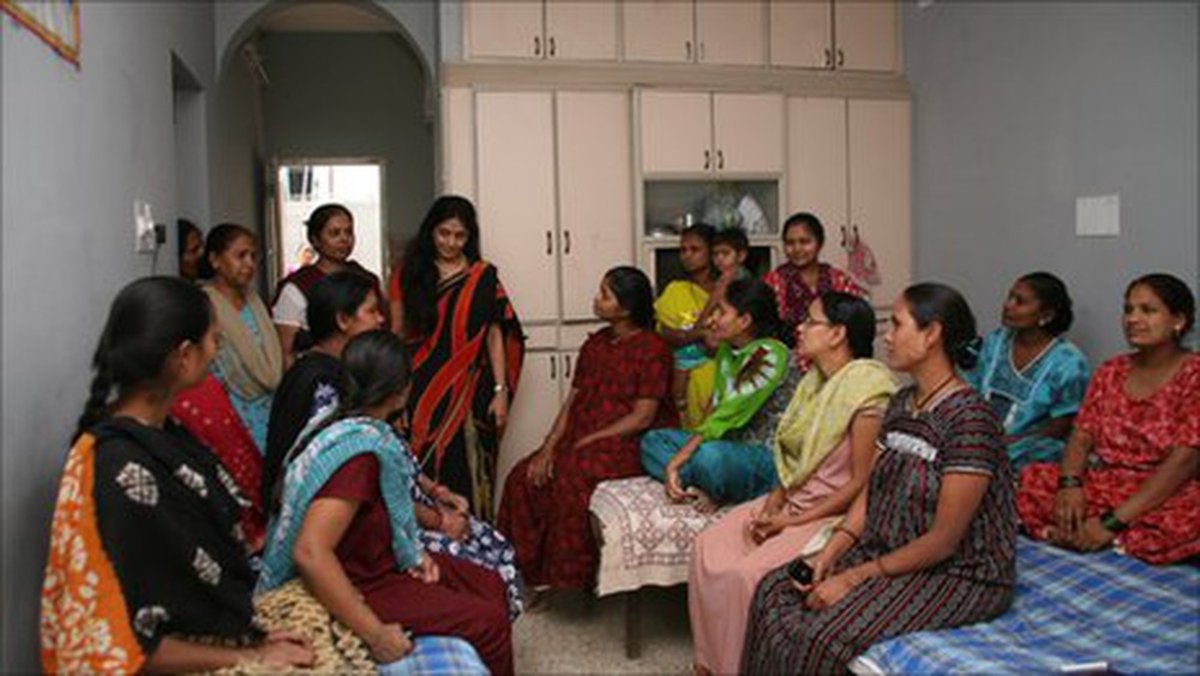The proposed Surrogacy Bill has garnered a fair amount of discussion. Although surrogacy is an often-heard term, not many people understand its complexity in principle and practice. In the latest version of the draft, the government is proposing to remove several archaic provisions, including the five-year mandatory waiting period. However, the authorities are still justifying the removal of a considerable aspect of commercial surrogacy. India has a $2 billion surrogacy industry according to a study conducted by Confederation of Indian Industries in 2012.
Surrogacy is when a woman offers her womb either for sperm planting or placing a synthetic embryo. Generally, infertile heterosexual couples, queer couples, single or widowed persons, seek help from a surrogate to have a child. Currently, the Surrogacy (Regulation) Bill, 2019 “permits when (surrogacy) is: (i) for intending couples who suffer from proven infertility; (ii) altruistic; (iii) not for commercial purposes; (iv) not for producing children for sale, prostitution or other forms of exploitation; and (v) for any condition or disease specified through regulations.” The draft bill categorises surrogacy between commercial or altruistic, prohibiting one and allowing the other. This essentially means that a woman could use her womb for herself or charity only.
What comes after a ban is black-market. Nevertheless, unlike murder, where any kind of murder is considered a crime; the vague distinction of morality between the altruistic and commercial surrogacy does not seem to make sense. Either both the actions are morally wrong or morally permissible. What can be done for free can also be done for money. Moreover, by allowing only the altruistic kind, it is presumable that most of the heterosexual couples would seek services from a surrogate mother disguised as altruistic. Since the surrogate need not be a close-aid (as recommended by the Rajya Sabha standing committee), there are higher chances of exchange of favours if not cash, also a dire possibility of a middleman. These middlemen are likely to increase the cost of surrogacy for needy couples and underpay surrogates. Since it would be illegal, surrogate mothers would not have any recourse or protection against the same.
While the government has taken a step to draft a specific law for surrogacy, one must wonder why it is not treated like any other medical service. What is so different between surrogacy and donating eggs for in vitro fertilisation? Why is one permitted and another is not? Surely, surrogacy has much longer-term and involves much more participation from the surrogate but morally, they are the same act – helping people who cannot reproduce on their own.
It is highly unlikely that most surrogate women are nothing but benevolent and philanthropic as our government thinks. It is fair for a woman to expect to be remunerated for the journey of motherhood if she is not keeping the child. Why would the government take that right away? There are great physical and psychological costs involved for a woman to give birth, why should we be against getting just compensation for it?
India is gaining prominence as an epicentre for medical tourism, and while some in India do not deem surrogacy a noble occupation, nothing is wrong with as long as a woman is doing it voluntarily. The ban on commercial surrogacy will discourage foreign visitors who see India as an economically viable and medically advanced option.
The proposed law, while apparently helping women, will hurt them by taking all possible legal protection if they are involved in commercial surrogacy. It will take away their freedom of choice over their own bodies.
Post Disclaimer
The opinions expressed in this essay are those of the authors. They do not purport to reflect the opinions or views of CCS.





